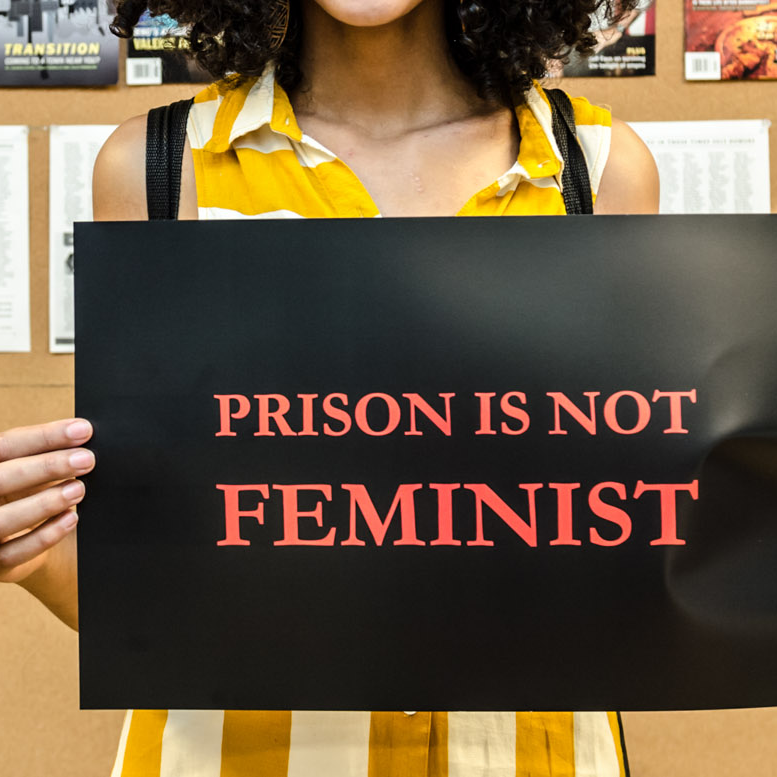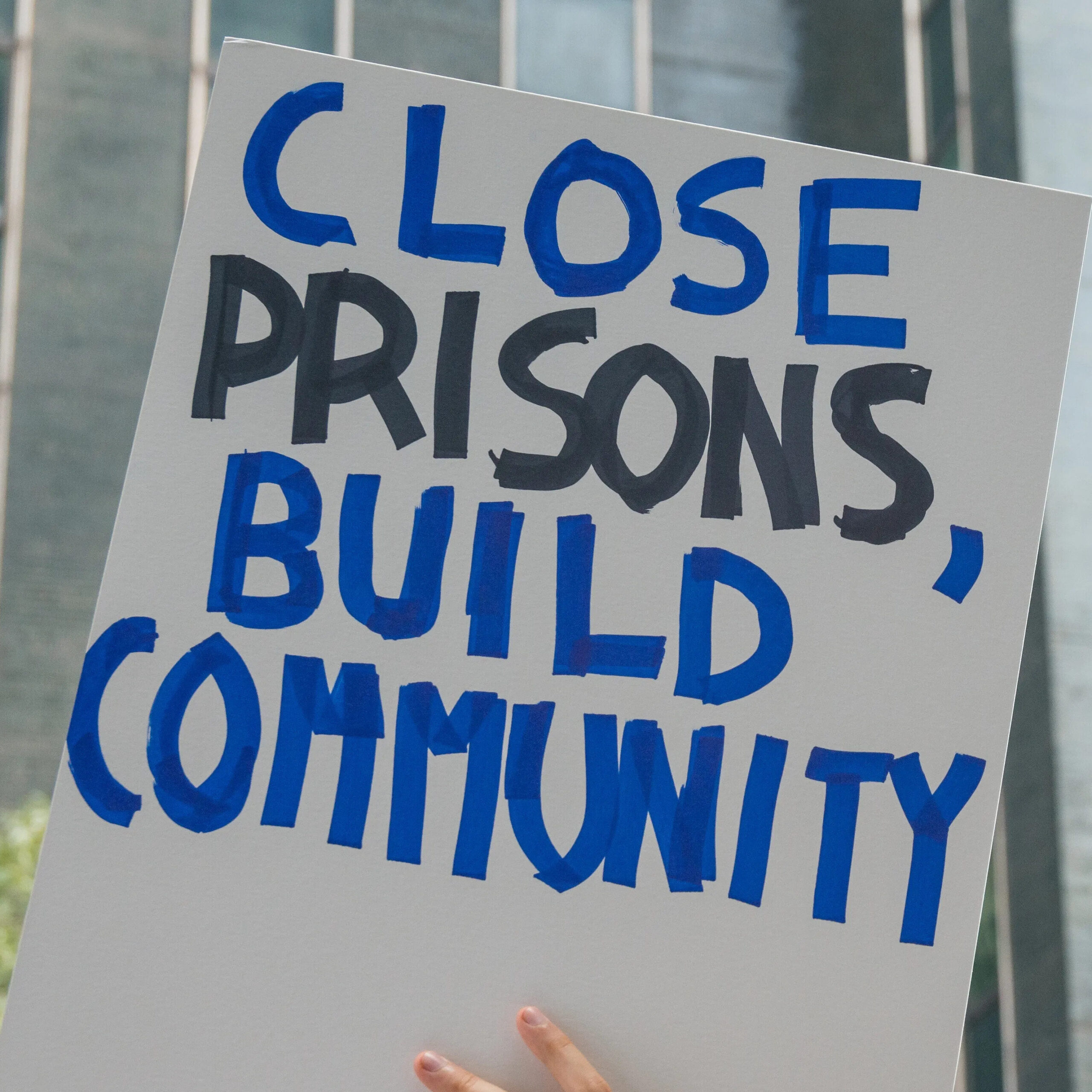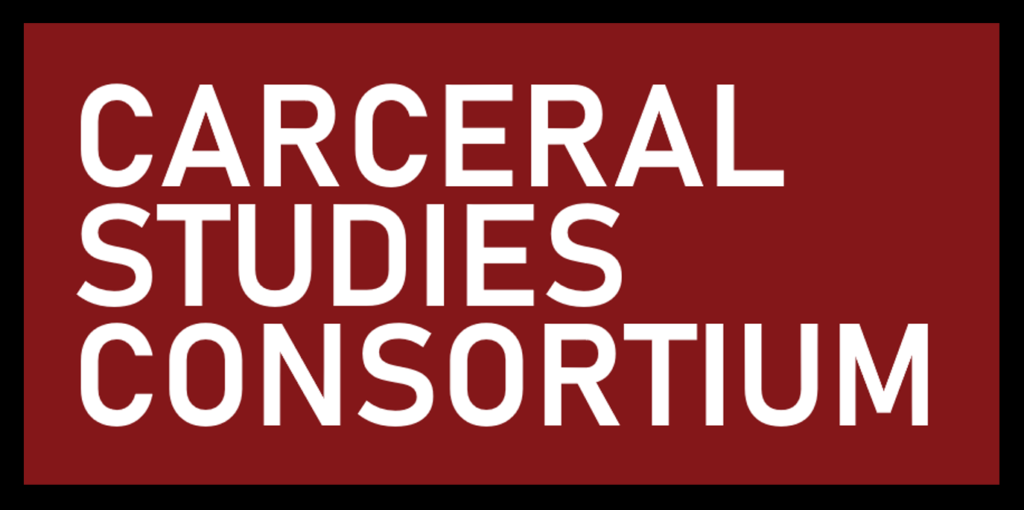About the Consortium
The Carceral Studies Consortium brings together faculty, staff and students from across the University of Oklahoma and beyond to cultivate and support rigorous research, pedagogy, and community engagement toward social transformation.
Our Purpose
1
Support and share substantive, multi-disciplinary scholarship, and collaborate on pedagogical praxes.

2
Mentor students, pre-tenure faculty, and activists.

3
Foster scholarship-driven community partnerships and projects.

Through the exchange and enrichment of ideas among colleagues, the Carceral Studies Consortium at OU creates connections across disciplines, fields, and colleges, and encourages curricular, scholarly, and community/political collaboration.
Carceral Studies
Carceral Studies takes as its primary subject of inquiry the contemporary problem of states and societies organized by punishment and incarceration.
This cutting-edge, robust area of scholarship extends this inquiry into the wide range of conditions that organize social and political systems—from cultural thought to the built environment to apparatuses of state governance—that shape, sustain, and entrench practices and commonsense notions of punishment and incarceration.




Carceral Studies is concerned with both the independent function and nexus of these systems. For instance, a political science theorist might ask: How is contemporary nationalism framed to privilege patriotism in its punitive forms? A population health scholar might inquire: How does the commonsense punishing of poverty as a personal failure lead to pockets of drug addiction, or other patterns of human behavior linked to higher rates of incarceration? A literary scholar might ask: How do troubling norms of the memoir genre entrench punishment as a productive prompt for learning, growth, and independence? And, a legal theorist might inquire: How do anti-immigration litigation and legal constructions of citizenship naturalize detention and incarceration as legitimate punishments over and above human rights?
Carceral Studies convenes scholars asking related questions across a range of disciplines and fields and brings them into analytical conversation. Specifically, it forms a scholarly nexus of these lines of inquiry, building capacity for more rigorous, far-reaching observation. For instance, a collective comprised of Education, Architecture, Human Geography, Economics, and Political Science scholars might offer a dexterous, fertile analysis of the ways in which schools and prisons interact to cement mass incarceration. In so doing, they also offer the greatest possibility for intervention and transformation. This multi-disciplinary observation promises to address some of our most pressing social issues of our time and context. In fact, it is the premise of Carceral Studies that the problem of carcerality can only be addressed by the sophisticated coming-together of different disciplines and fields, a rich array of theoretical traditions, and a diverse set of methodological interventions. It does not privilege one above the other, but rather presumes the necessity of the whole. In this way Carceral Studies not only promises to move us toward a more just society, it also offers a model of necessarily collaborative scholarly endeavor.


